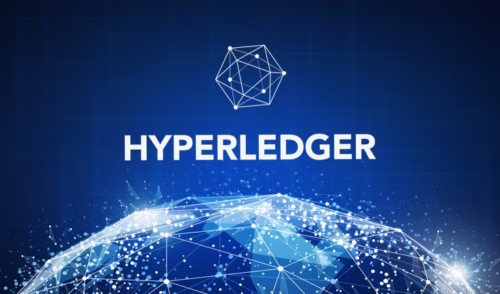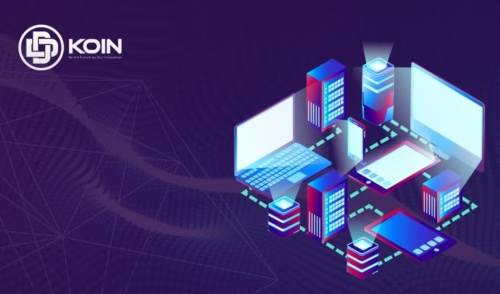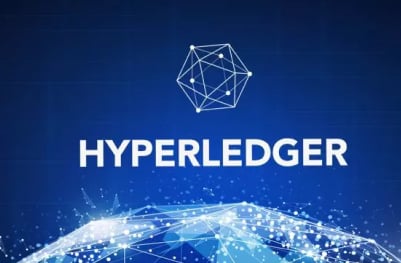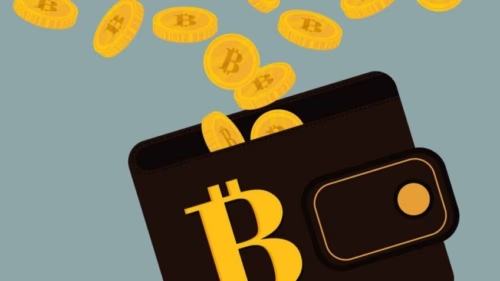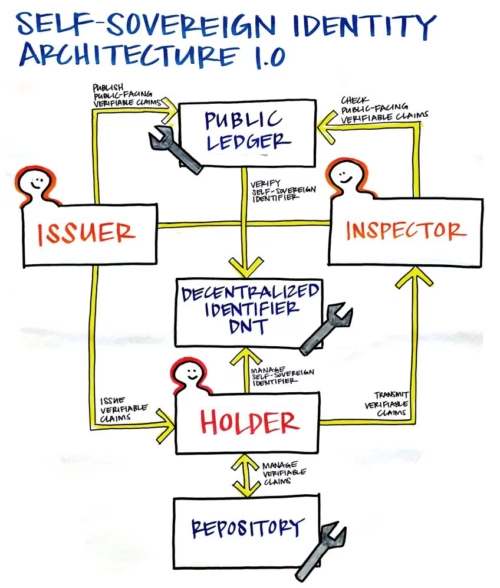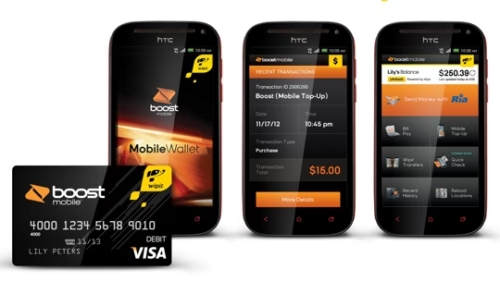DevTeam.Space offers a comprehensive range of cryptocurrency wallet development development services, including the most popular frameworks and platforms (see below). The specific technologies that you choose for your cryptocurrency wallet development software project will depend on your unique development requirements.
If you need help, get a complimentary discovery call with one of our tech account managers by submitting your project request here.
Top 10 cryptocurrency wallet development frameworks and platforms:
- Bitcoin Core
- Ethereum
- Binance Smart Chain
- Solana
- Cardano
- Polkadot
- Ripple (XRP Ledger)
- Tron
- EOSIO
- Litecoin
1. Bitcoin Core
Bitcoin Core is the reference implementation of the Bitcoin protocol, and it’s the most trusted software for interacting with the Bitcoin blockchain. It provides a secure, open-source framework for creating cryptocurrency wallets that support Bitcoin. The security and stability of Bitcoin Core make it an essential tool for wallet developers who want to build wallets that are reliable and follow the strictest standards of the Bitcoin network. Its built-in features like multi-signature support and wallet encryption make it a robust choice for Bitcoin wallet development.
2. Ethereum
Ethereum, being the backbone of the second-largest cryptocurrency, is highly influential in cryptocurrency wallet development. Wallets that support Ethereum not only handle Ether (ETH) but also support a vast range of ERC-20 and ERC-721 tokens. This makes Ethereum-based wallets crucial for interacting with the DeFi ecosystem, NFTs, and various dApps. Ethereum’s smart contract capabilities enable wallets to offer advanced features like decentralized exchanges (DEXs) and staking directly within the wallet interface.
3. Binance Smart Chain (BSC)
Binance Smart Chain (BSC) is a blockchain that runs parallel to Binance Chain and supports smart contracts and decentralized applications. It’s highly popular for its lower transaction fees and faster confirmation times compared to Ethereum. Wallets that support BSC can handle BNB and BEP-20 tokens, making them integral to the growing DeFi and NFT sectors within the Binance ecosystem. The interoperability between Binance Chain and BSC also allows for easy asset transfers and staking opportunities, enhancing the utility of BSC wallets.
